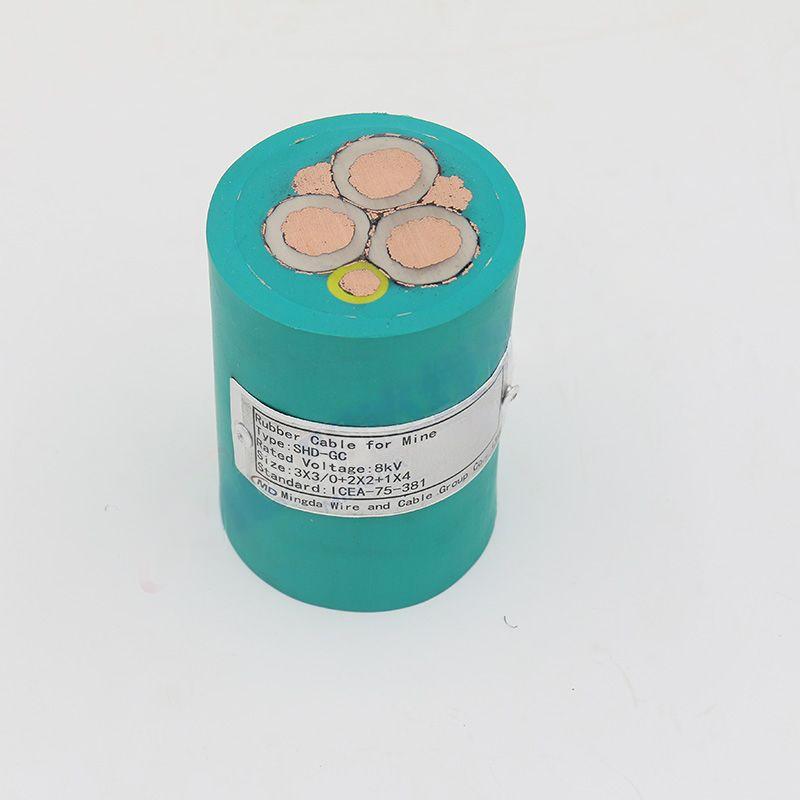Nov . 20, 2024 16:11 Back to list
control valve
Understanding Control Valves A Key Component in Industrial Process Management
Control valves are integral components in various industrial processes, playing a crucial role in regulating the flow of media such as liquids and gases. They are essential for ensuring efficient operations within plants, enhancing safety, and maintaining the desired conditions for various processes. This article will explore the functions, types, applications, and importance of control valves in industrial settings.
What is a Control Valve?
At its core, a control valve is a device that modulates the flow of a fluid by varying the size of the flow passage. This adjustment is typically achieved through a mechanism driven by a controller, which responds to signals from sensors that monitor flow rates, pressure, temperature, or other parameters. Control valves can manage not only flow quantities but also pressure and temperature, making them versatile tools in process control.
Types of Control Valves
Control valves come in various types, each designed for specific applications and conditions. The most common types include
1. Globe Valves Known for their good throttling capabilities, globe valves are frequently used in applications requiring precise flow control.
2. Ball Valves Characterized by a spherical disc that provides excellent sealing properties and quick shut-off capabilities. They are particularly useful in applications that require a reliable leak-tight closure.
3. Gate Valves Best suited for applications where minimal pressure drop is required, gate valves are used primarily for on/off control and are not effective for throttling.
4. Butterfly Valves These valves utilize a rotating disc to control flow. They are lightweight and ideal for large volume applications, providing a good balance between performance and cost.
5. Check Valves Though not control valves in the traditional sense, check valves prevent backflow in a system, ensuring that the flow travels in one direction, which is essential for maintaining system integrity.
Applications of Control Valves
control valve

Control valves find applications across multiple industries, including
- Oil and Gas Managing the flow of hydrocarbons through pipelines. - Water Treatment Regulating the flow of water in treatment plants to ensure proper filtration and chemical dosing. - Chemical Processing Controlling chemical reactions by adjusting flow rates and maintaining temperatures. - Power Generation Managing steam and coolant flow in various energy production processes.
Each industry demands specific characteristics from control valves, including resilience to corrosive environments, high-temperature performance, and durability.
Importance of Control Valves
The significance of control valves in industrial applications cannot be overstated. Their ability to regulate flow translates into numerous benefits
1. Process Efficiency By maintaining optimal flow rates and conditions, control valves help improve the efficiency and yield of industrial processes.
2. Safety Control valves contribute to the safety of industrial operations by preventing overpressure situations and ensuring that systems operate within safe parameters.
3. Cost Savings Efficient fluid management results in lower operational costs, as control valves can minimize energy consumption and reduce waste.
4. Automation Compatibility In today’s automated industrial environments, control valves can be integrated into control systems for remote operation, monitoring, and data collection, leading to improved decision-making and responsiveness.
Conclusion
In conclusion, control valves are indispensable in the landscape of industrial process management. Their ability to modulate flow rates, maintain pressure, and ensure safety makes them critical components in many essential industries. As technology progresses, the evolution of control valves, including smart valves equipped with sensors and AI capabilities, continues to enhance their functionality and reliability. Understanding and selecting the right control valve for a specific application can significantly impact the efficiency and safety of industrial processes, underscoring their importance in modern engineering and manufacturing.
Share
-
Reliable Wafer Type Butterfly Valves for Every IndustryNewsJul.25,2025
-
Reliable Flow Control Begins with the Right Ball Check ValveNewsJul.25,2025
-
Precision Flow Control Starts with Quality ValvesNewsJul.25,2025
-
Industrial Flow Control ReliabilityNewsJul.25,2025
-
Engineered for Efficiency Gate Valves That Power Industrial PerformanceNewsJul.25,2025
-
Empowering Infrastructure Through Quality ManufacturingNewsJul.25,2025